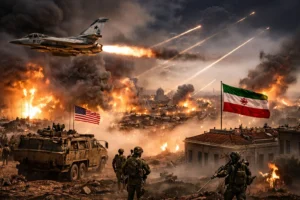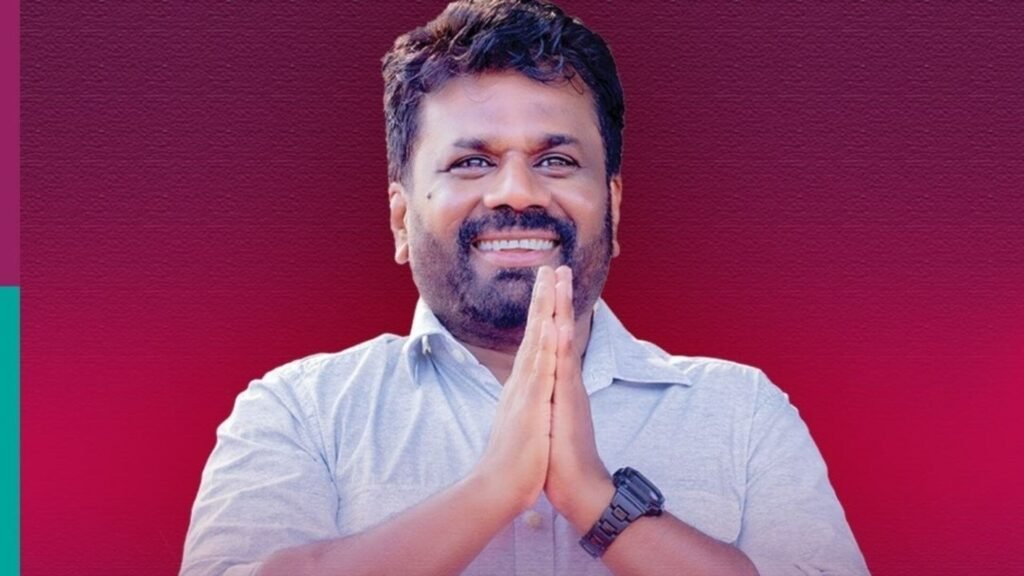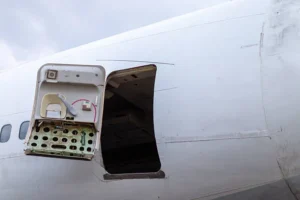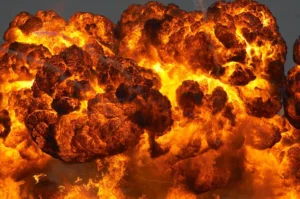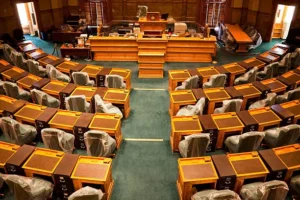Sri Lanka’s new leader, Anura Kumara Dissanayake, and his left-leaning National People’s Party (NPP) coalition have secured a massive victory in snap parliamentary elections. According to official results, the NPP secured a two-thirds majority in the 225-member parliament with 159 seats. This majority was necessary for Dissanayake, elected in September, to carry out his pledges to combat corruption and bring stability following the dire economic situation.
Voters were worried about shortages, inflation, and the high cost of living. Experts predicted that the NPP would do well, but it was unclear by what percentage, and it was important to see if they could secure a two-thirds majority.
Furthermore, Dissanayake called the election crucial and a turning point for Sri Lanka’s future. He defeated Sajith Premadasa in the September presidential election. Premadasa led the opposition alliance during the snap elections. Right after becoming president, Dissanayake, who claimed that the current parliament did not represent the people’s will, campaigned for early elections shortly after taking office to get a fresh mandate for his policies.
Several former MPs, including members of the Rajapaksa dynasty, chose not to run for reelection. Proportional representation filled in the remaining seats were. Sri Lanka’s political crisis forced President Gotabaya Rajapaksa to resign in 2022, as food and fuel shortages and inflation worsened the situation.
The situation has frustrated many people. “We still don’t have financial help even to fulfill our daily needs,” said a factory worker. Sri Lanka’s poverty rate has risen to 25.9% in the past four years, while the World Bank predicted only a 2.2% rise in 2024. Dissanayake’s left-wing ideas, which called for reduced taxes and more robust state intervention, struck a chord with voters fed up with established political figures.
There are now high expectations for Sri Lanka’s new leader to deliver on his promises. The government’s top goal is for citizens to have access to essential commodities and services because Sri Lanka’s economy is still fragile.

